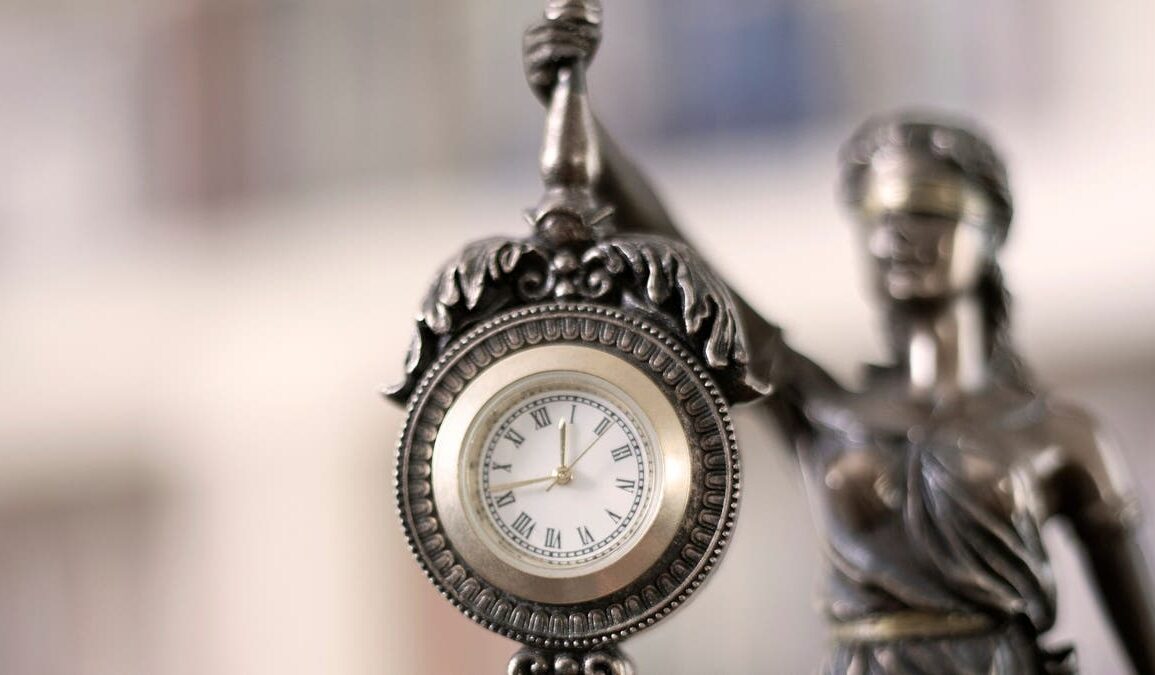A recent study conducted by Vivint, a smart home company, has revealed a concerning trend in crime rates following the end of daylight saving time (DST) in the United States. The study, based on FBI data from 2017 to 2021, shows an increase in crimes committed after DST ends, with both the percentage and total number of crimes rising each year.
According to the study, robberies and vehicle thefts experienced the highest spikes, with a 64.4% and 61% increase, respectively, after daylight saving time ends. The raw rise in robberies was a staggering 81%. Additionally, break-ins increased by 16%, although homes protected by security systems showed significantly lower burglary rates compared to those without.
This is not the first study to explore the relationship between daylight saving time and crime rates. Previous research has suggested that keeping DST in place all year could reduce crimes, especially robberies. A 2015 study by the Brookings Institution found that eliminating the “fall back” could lead to a 27% decrease in robberies due to additional daylight in the evenings. Similarly, a 2012 study by Jennifer Doleac and Nicholas Sanders revealed decreases in robberies, murders, and rapes following the “spring forward” time change. Another study in 2017 found that assaults increased in major American cities immediately after daylight saving time ended.
Experts believe that the increase in crimes after DST ends is likely due to the cover of darkness. Joseph Giacalone, a retired NYPD sergeant and professor at John Jay College of Criminal Justice, stated that most crimes occur under the cover of darkness, making broad daylight incidents particularly shocking to the public. He also noted that burglaries often happen when people leave their homes in the morning, which is still dark after turning the clocks back.
In response to these findings, Vivint recommends measures such as installing exterior lighting, locking windows and doors, and closing curtains and blinds at night to enhance home security. The issue of biannual clock changing has also gained attention in the U.S. Senate. Last year, lawmakers proposed the Sunshine Protection Act to eliminate the need to “fall back” every November. However, the bill has yet to pass in the House of Representatives.
One prominent supporter of ending clock changes is Senator Marco Rubio, who believes the practice is outdated, confusing, and harmful to health. Rubio argues that keeping daylight saving time year-round could reduce car accidents, boost the economy, decrease the risk of seasonal depression and other illnesses, and benefit farmers. The Brookings Institution’s findings on robberies further support his stance, as they suggest that increased visibility during daylight hours deters criminals.
As the debate over daylight saving time continues, it remains evident that the end of DST is associated with an increase in crime rates. The study’s findings provide valuable insights into the potential impact of time changes on public safety. With calls for change growing louder, it remains to be seen whether legislation will be enacted to address this issue.




